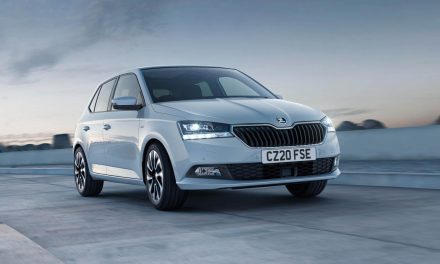Car insurance can be quite complex, especially for new car owners. As a result, you may be confused about whether you should get an extended warranty for your car or not. This article will help you to decide whether you should obtain an extended car warranty or not.
What is an extended warranty for a car?
An extended car warranty refers to an optional insurance plan that a car owner may purchase for a car to take care of the repair costs while still using it. It is also called a vehicle service contract. In most cases, an extended car warranty starts working after the expiration of the manufacturer’s warranty. Nonetheless, there are situations where the two options overlap.
After purchasing a vehicle, the car dealer will likely want you to buy an extended car warranty. While it still may sound like goodwill, the dealer will make some profit from offering you the warranty. But this doesn’t mean that getting a warranty is bad.
The extended warranty coverage is of two types:
- Inclusionary coverage – this covers all things mentioned in the plan.
- Exclusionary coverage – this includes a comprehensive list of things that are not mentioned in the contract.
Should you buy an extended car warranty?
There is no right or wrong answer to this important question. In other words, buying an extended car warranty or not depends completely on your particular situation.
Here are some questions for determining whether to buy an extended car warranty or not:
- What is the condition of the car?
If you have just purchased a new car, there is no need to spend money on an extended warranty for it. This is because the warranty of the manufacturer will cover the majority of the cost of repairs of the car for the first few years of owning it.
However, for a used car, the car is entirely different. In most situations, used cars are not covered by the warranty of the manufacturer. This means that you need to repair the car from your pocket if you don’t get a car warranty.
To be certain whether a used car has a manufacturer’s warranty or not, you should consider checking out the car window to see the Buyer’s Guide. If a dealer is selling a used car with the manufacturer’s warranty, you may have to pay some charges to transfer the warranty to you. However, if there is no warranty for the car, purchasing an extended warranty for it is recommended.
- How long do you want to use the car?
As explained earlier, most new cars have warranties. Also, some used cars may come with warranties. You should consider the duration of the warranty and how long you plan to use the car. If the warranty is more than your intended duration of using the car, don’t buy an extended warranty.
For example, if your car comes with a 3-year warranty but you plan to use it for only 2 years; you don’t need an extended auto warranty. However, if the reverse is the case, don’t hesitate to get an extended warranty.
- Will the repair costs exceed payments for the warranty?
Repairing some vehicles is quite cheap. As such, you may not need to spend lots of money on repairing them when necessary. In such a case, you should take the time to compare the cost of repairing the car to how much you will pay for the warranty. If the projected repair costs are less than the warranty payment, don’t buy an extended car warranty.
- Will you utilize the warranty?
An extended car warranty doesn’t cover everything. In fact, it doesn’t cover tires, oil changes, brake issues, and other typical things you will likely spend money on when using a car. Therefore, you should take a closer look at the coverage of the warranty and ask yourself whether you will use it or not. If you have doubt, an extended car warranty may not be for you.
With the detailed information provided above, you should now be able to decide whether you should get an extended warranty or not. If you still have any doubt, don’t hesitate to get in touch with an experienced car insurance consultant.



















